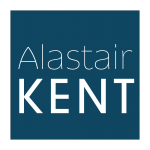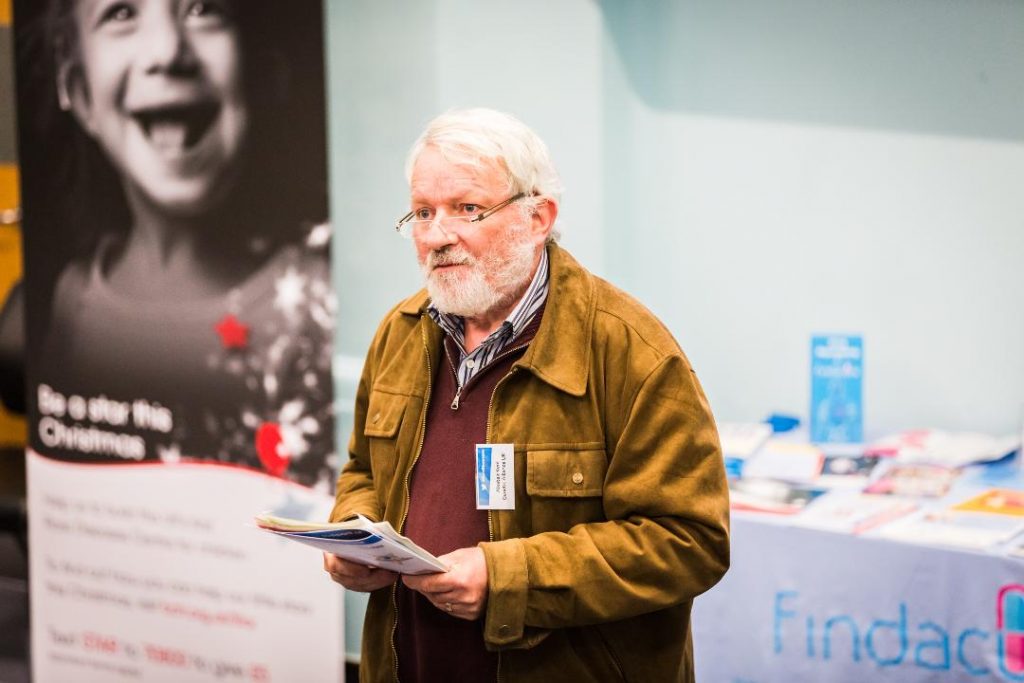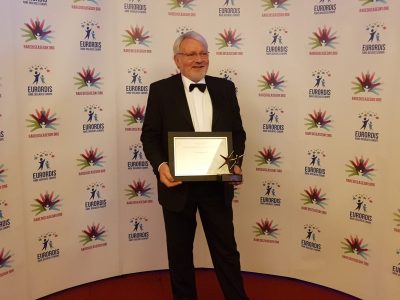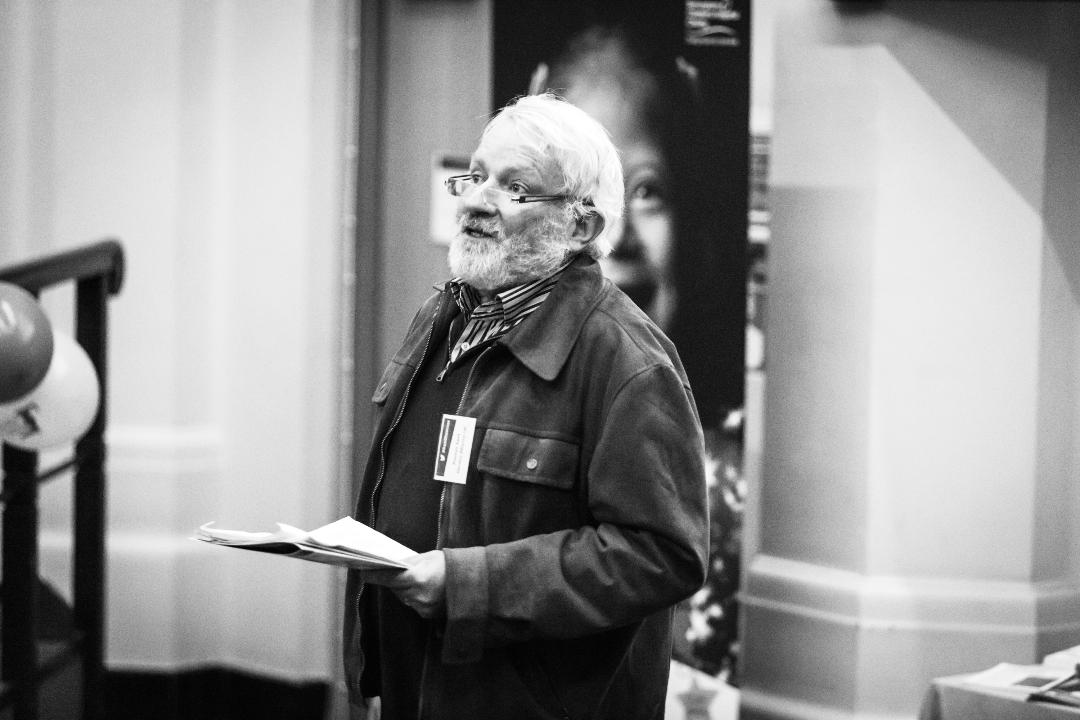

This is the body responsible for securing stakeholder engagement in the UK Rare Disease Framework
RDAG advises NHS England on proposed service developments and policy changes. It also provides a coordinating role for the NHS in each of the four NHSs in the UK with respect to issues of patient access across borders within the UK
GeL is the organisation established to deliver the 100,000 genomes project and secure the introduction of a genomic medicine service for patients in the NHS.
Member of:-
Alastair has been awarded:-



This developed the Commission Communication and the Council of Ministers Recommendation on Rare Diseases which led to the creation of National Plans/Strategies for improving services and support for rare disease patients and families in the Member States of the EU.
This was responsible for advising the Commission on progress in the implementation of National Plans and for supporting the development of Expert Reference Networks (ERNs) to boost awareness and share expertise in the care and management of rare diseases in the EU.
These were EU Commission official appointments.
(Biobanking and Biomolecular Research Infrastructure -European Research Infrastructure Consortium), a pan-EU consortium that supports high quality biomolecular research in health and disease across Europe
Europabio is the EU wide trade association for biotechnology companies.
(COMP) and Committee for Advance Therapies (CAT) of the European Medicines Agency.
This was a global project mapping genetic similarities and differences between White Caucasians from the USA, Yoruba people from Nigeria, Han Chinese from the Beijing region and Japanese from Tokyo. It was funded by the US National Institutes of Health (NIH) and the Wellcome Trust (UK)
This consortium aims to promote rare disease R&D across the world by producing common standards, raising awareness and stimulating funding opportunities. It is funded by the European Commission, NIH (US), the National Institute for Health Research (NIHR) (UK) and many other medical research funders around the world.
(Promoting Rare disease research through Sustainable Mechanisms) project.
Funded by the Canadian Institute for Health Research this has been a health economics lead multi-disciplinary programme of work at the U of Alberta seeking to develop appropriate methods for health technology evaluation for interventions for patients with rare diseases